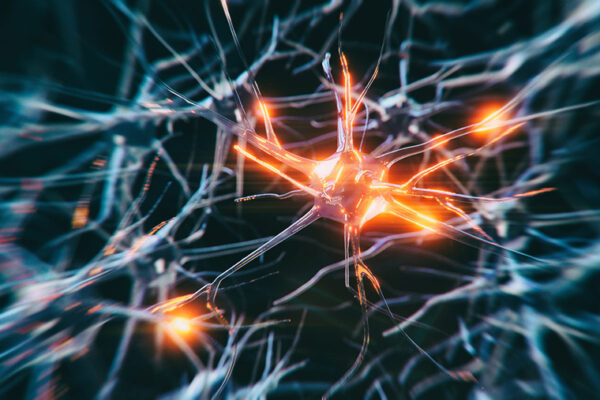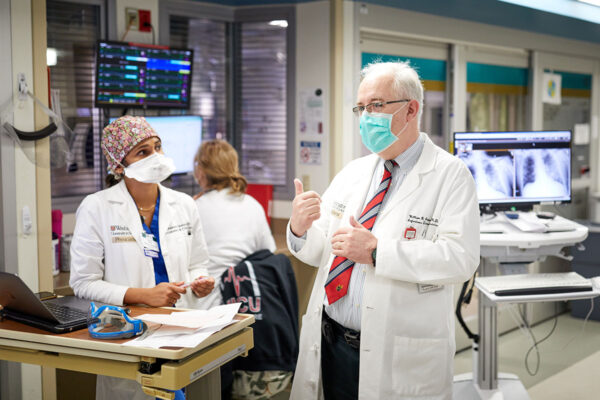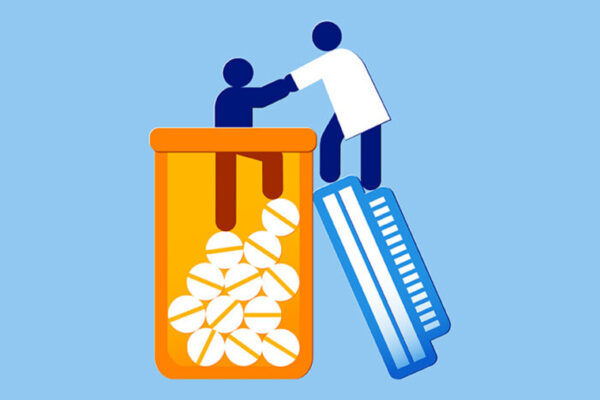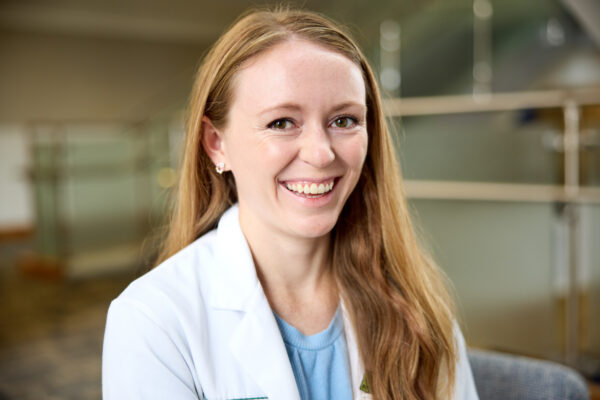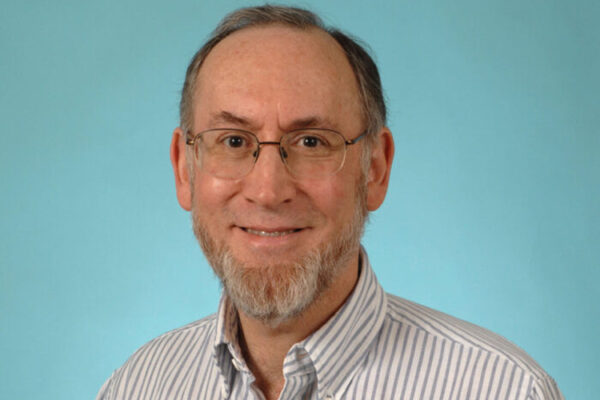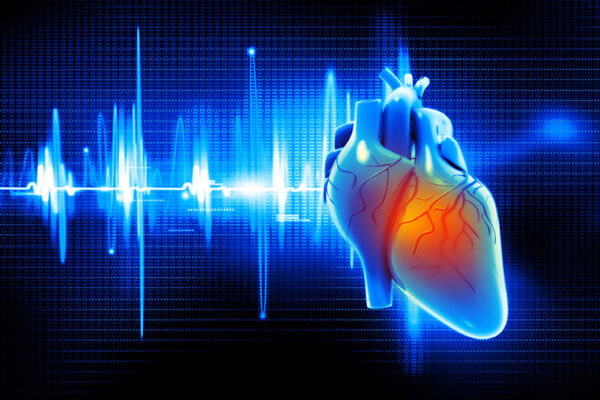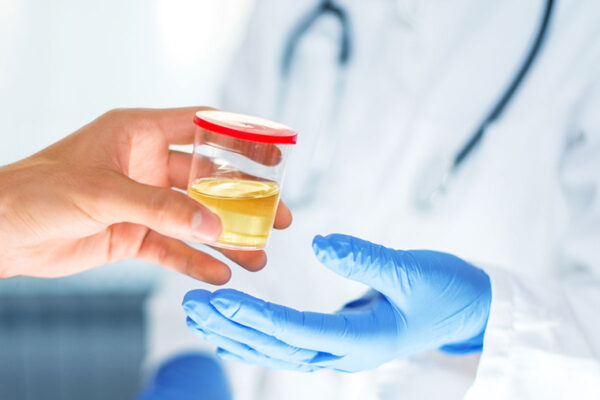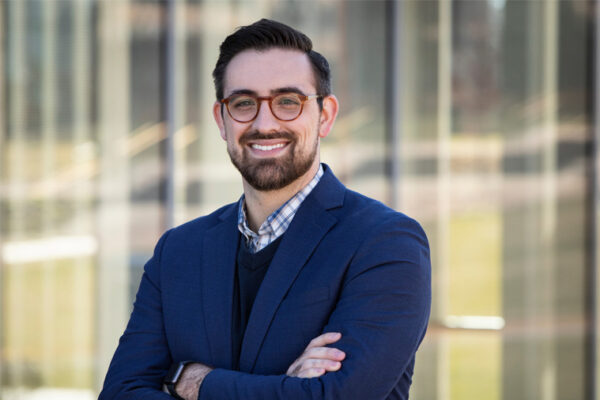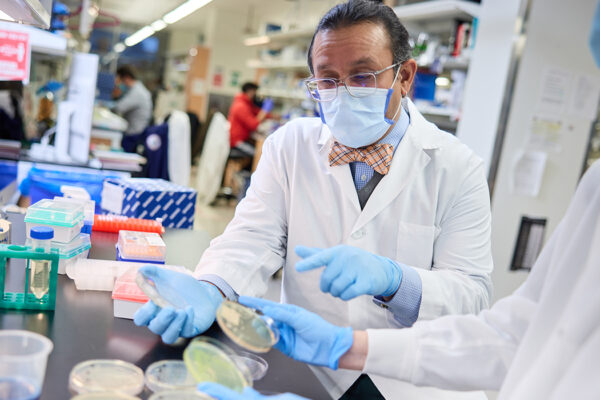Epilepsy drug stops nervous system tumor growth in mice
People with neurofibromatosis type 1 develop tumors on nerves throughout their bodies. Washington University School of Medicine researchers have discovered a way to use the epilepsy drug lamotrigine to stop such tumor growth in mice.
Clinical and translational research receives $61 million grant support
Washington University School of Medicine has received a $61 million grant renewal for its Institute of Clinical and Translational Sciences to support clinical and translational research across the region.
Medication that lowers risk of overdose underused
Researchers at Washington University School of Medicine and Saint Louis University found that less than half of Americans who received treatment for opioid use disorder over a five-year period were offered a potentially lifesaving medication.
Class Acts: Morgan Pfeiffer
Medical student Morgan Pfeiffer donated her kidney to a baby while an undergraduate student. She will earn her medical degree from Washington University this month and, next, start her residency at St. Louis Children’s Hospital.
Goldberg elected to National Academy of Sciences
Daniel E. Goldberg, MD, PhD, a renowned researcher in molecular parasitology at Washington University School of Medicine, has been elected to the National Academy of Sciences.
Cardiovascular inflammation, heart failure focus of $6 million grant
A new grant awarded to School of Medicine researchers will fund research investigating the role of the immune system in heart failure. Finding ways to harness beneficial immune cells could lead to new therapies that encourage the heart to heal after injuries.
Recurrent UTIs linked to gut microbiome, chronic inflammation
A study by researchers at Washington University School of Medicine in St. Louis and the Broad Institute of MIT and Harvard suggests that women who get recurrent urinary tract infections may be caught in a vicious cycle in which antibiotics given to eradicate one infection predispose them to develop another.
Bersi wins American Heart Association Career Development Award
Matthew Bersi, assistant professor at the McKelvey School of Engineering, will use tools from engineering and biology to investigate blood vessel stiffening from high blood pressure with a three-year $231,000 Career Development Award from the American Heart Association.
The next war we have to win
While the battle against SARS-CoV-2 rages on, Washington University researchers and clinicians are fighting a rearguard action against drug-resistant infections that years of overprescribing have turned deadly.
School of Medicine climbs ever closer to No. 1 in NIH funding.
What is our secret?
Older Stories
